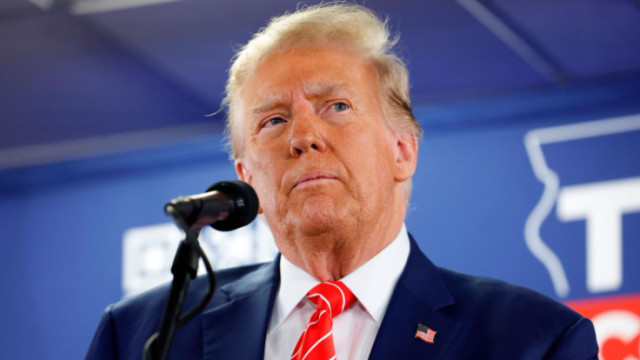US prosecutors on Wednesday issued a fresh charge against former president Donald Trump for alleged attempts to interfere in the 2020 election in which he lost to Joe Biden.
These charges come in response to a recent US Supreme Court ruling that grants presidents broad immunity from criminal prosecution for official acts while in office.
The revised indictment maintains the same four criminal counts against Trump but redefines them to focus on his status as a political candidate rather than a sitting president.
The new indictment, brought by Department of Justice Special Counsel Jack Smith, keeps intact the original four charges: conspiracy to defraud the United States, conspiracy to obstruct an official proceeding, attempting to obstruct an official proceeding, and conspiracy against rights.
Trump pleaded not guilty to all charges, and debunked the allegations that he interfered with the election process.
In a post on Truth Social, Trump described the new indictment as “an effort to resurrect a ‘dead’ Witch Hunt” and called for its immediate dismissal.
His personal lawyer, Todd Blanche, directed inquiries to the Trump campaign, which did not provide a comment.
A source close to Trump’s legal team expressed no surprise at the new charges, stating, “This is what the government is supposed to do based on what the Supreme Court did,” but reiterated the belief that the case is flawed and should be dismissed.
The new charges argue that Trump acted as a private citizen, not as president, when he allegedly tried to sway the election results.
The indictment cites his personal interest as a candidate in being declared the winner of the election as a key factor.
The revised indictment keeps several critical allegations intact, including that Trump attempted to persuade then-Vice President Mike Pence to obstruct Biden’s election certification.
In its ruling, the Supreme Court indicated that conversations between Trump and Pence likely fall under the category of official acts, with Chief Justice John Roberts writing that Trump is “presumptively immune from prosecution.”
However, it remains unclear how this presumption might be rebutted in court.




















